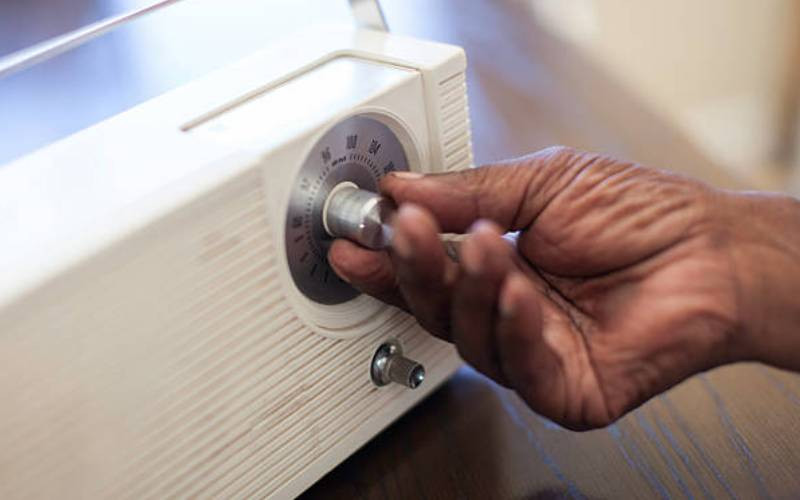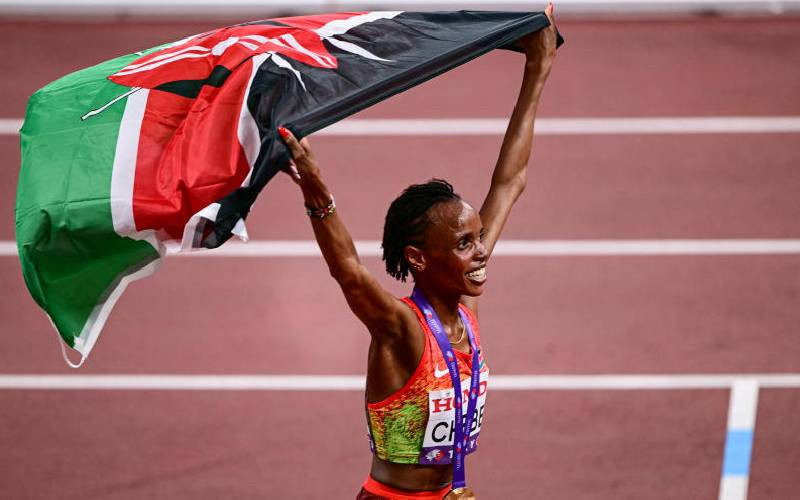×
The Standard e-Paper
Truth Without Fear

Radio remains a vital thread woven into Kenya's tapestry, shaping lives, informing minds and igniting imaginations for generations.
From its colonial beginnings to its current vibrant platform, Kenyan radio continues to pulsate with the rhythm of a nation that has found its voice.
